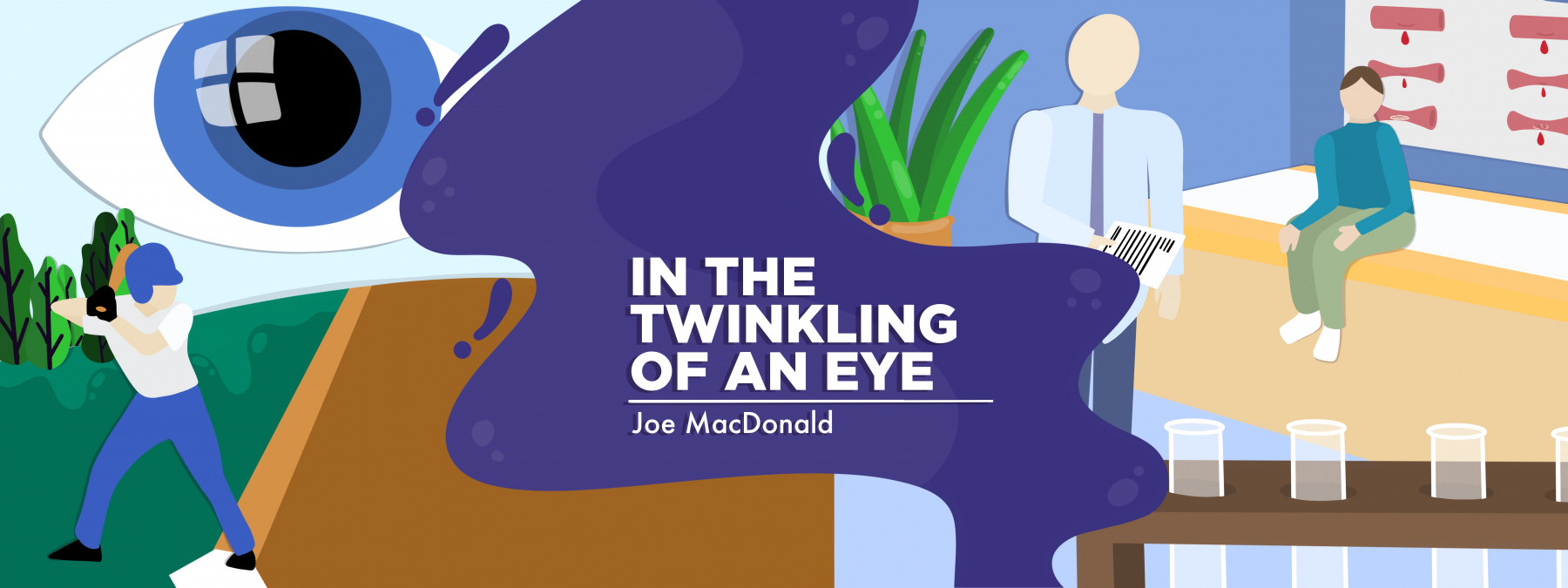Medical Road Maps Appeal to Visual Learners Like Me
Written by |

In past columns, I wrote about the benefits of creating a medical road map to keep everyone involved in my son’s hemophilia care on the same page.
This collegial approach included data from medical, educational, and personal perspectives, allowing us to form a rich assessment of my stinky boy’s general needs. Combining all our efforts made me feel like a part of my boy’s team. We made changes to the map as needed.
The one thing I did not discuss in earlier writings was my learning style. I am a visual learner to a fault. When someone explains something to me, verbally gives directions, or asks me to talk them through something, I see snow.
Before a doctor comes into a hospital room, they look at a chart. Then, they talk about a plan for continued care with some snappy banter. Many times, I look and pretend to follow along. I am an educated person and falsely believe that if I say, “Wait. Could you let me write this down?” I will embarrass myself and the many years of schooling under my belt.
One time, I threw caution to the wind, and as the doctor on call began to discourse using a medical vocabulary that would rival the greatest minds, I said, “Doctor, would you please put this in English? I want to make sure I get this right.”
I believe his reaction was one of shock, but he gathered his wits and broke down his suggestions so that I could understand. Something within him seemed to relax as I let him know that I genuinely wanted to receive all of the information. We just needed to adjust the conversation to a level that I could digest without a writing utensil.
The most successful interactions occurred when doctors on call discovered the road map in my son’s file. I could easily recall the information in the written document and follow along without much discomfort. I needed a visual image by which I could remember the information. That is how my brain operates.
When I meet a medical professional whose field directly affects my family’s well-being, I want to learn about every aspect of every possible treatment. I must employ every educational strategy available at my fingertips to remain an essential part of the team that treats my most precious possession.
I learned that it is OK to stop and ask a doctor to restate a sentence or two if I don’t understand what they said. I also realized that my approach to understanding is neither good nor bad; it is just my way of perceiving the world.
The road map is crucial not only for a medical professional but also for me to understand what must happen regarding my son’s care. When someone presents me with a different suggestion, I challenge it because I know that time and energy are critical in creating a plan we all must participate in.
For all you visual learners out there, keep the faith and speak up when the screen in our brains has snow. Stand up and ask for another explanation. Most medical teams I’ve dealt with appreciate an extremely interested caregiver. Our mission is to find answers that improve the lives of our loved ones, so let’s not stop due to an issue with wounded pride.
I know my road map inside and out, and if someone suggests treatment not in line with the written plan, I challenge whomever wishes to deviate from the path. I have my son’s map etched in my brain, and for a very visual person such as myself, it is truly a godsend.
***
Note: Hemophilia News Today is strictly a news and information website about the disease. It does not provide medical advice, diagnosis, or treatment. This content is not intended to be a substitute for professional medical advice, diagnosis, or treatment. Always seek the advice of your physician or another qualified health provider with any questions you may have regarding a medical condition. Never disregard professional medical advice or delay in seeking it because of something you have read on this website. The opinions expressed in this column are not those of Hemophilia News Today or its parent company, Bionews, and are intended to spark discussion about issues pertaining to hemophilia.



Leave a comment
Fill in the required fields to post. Your email address will not be published.